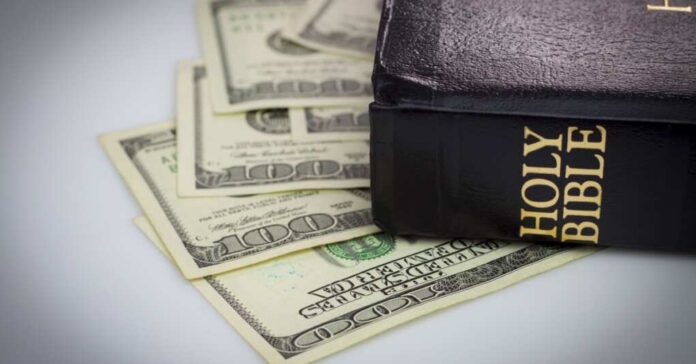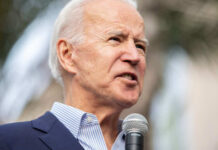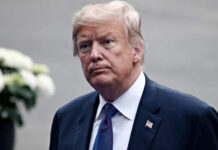
Welcome to the latest chapter in the saga of “Government Gone Wild: Financial Edition,” where federal agencies are doling out censorship tools to banks like candy at Halloween. You heard that right—your friendly neighborhood bank might just start flagging you as a potential domestic terrorist if you dare to buy a Bible or support immigration law enforcement.
Jeremy Tedesco, a senior counsel at the Alliance Defending Freedom (ADF), shared that federal funds are being used to equip financial institutions with monitoring tools similar to those used by social media platforms to combat misinformation. Tedesco warns that this development is just the beginning of a broader initiative.
According to Tedesco’s testimony, federal regulators are pushing banks to discriminate against customers based on political and religious beliefs. This practice would be deemed unconstitutional if done by the government directly. This testimony was given during a session of the Select Subcommittee on the Weaponization of the Federal Government, highlighting concerns over banks engaging in political discrimination under government pressure.
But hold onto your hats because it gets even juicier. Wells Fargo found itself in the crosshairs, accused of turning into a political pawn by cozying up to the Biden administration’s playbook. Sixteen state attorneys general penned a letter to Wells Fargo criticizing the bank for incorporating discriminatory practices in their operations, echoing concerns that these actions align with broader economic strategies favored by the current administration.
Tedesco compares the government pressures to the creation of a financial, social credit system similar to that in Communist China, highlighting the FBI’s advice to financial institutions to monitor customer transactions for signs of domestic extremism, including purchases of religious texts or support for specific political figures.
Just when you thought your financial privacy was safe, think again. The FBI’s been sending secret memos to banks, giving them a handy checklist of behaviors to watch out for. Turns out, if you’re not exactly thrilled about gun laws, immigration policies, or COVID lockdowns, you might just land yourself on the watchlist.
Tedesco also pointed out how major banks are involved in combating misinformation and disinformation, attending meetings with the CISA Cybersecurity Advisory Committee, where financial services are considered critical infrastructure vulnerable to misleading information.
The transition of censorship mechanisms from social media to financial transactions raises significant constitutional concerns, as seen in the Supreme Court case Murthy v. Missouri. Basically, under the current administration, your financial freedom is at risk of being taken away by a Facebook post.
And what about those poor charities caught in the crossfire? Banks are pulling the plug on them faster than you can say “discrimination.” Bank of America even got a knack for leaving Ugandan employees high and dry, with their paychecks stuck in limbo.
Tedesco’s testimony includes even more examples of banks withdrawing services from Christian organizations without clear explanations, highlighting the precarious position of charities and individuals dependent on these financial services for survival and operation.
Tedesco discusses how the designation of ADF and other Christian charities as “hate groups” by organizations like the Southern Poverty Law Center has led to financial discrimination, affecting donations and banking relationships. He criticizes the broad use of “reputational risk” policies by banks, which activists can weaponize to target organizations based on their religious or political beliefs due to this new policy.
But it’s not just charities feeling the heat. Conservative organizations are getting a taste of discrimination, too. JPMorgan Chase is playing favorites, while Wells Fargo suddenly has a case of amnesia when it comes to anyone associated with Christianity. Because, you know, spreading love and kindness is just too controversial these days.
So, what’s the bottom line? It’s a dog-eat-dog world out there in the financial jungle. With censorship creeping into our wallets, who knows what’s next? But hey, at least now you can say your bank’s got your back… until they decide your beliefs don’t quite align with their agenda.












